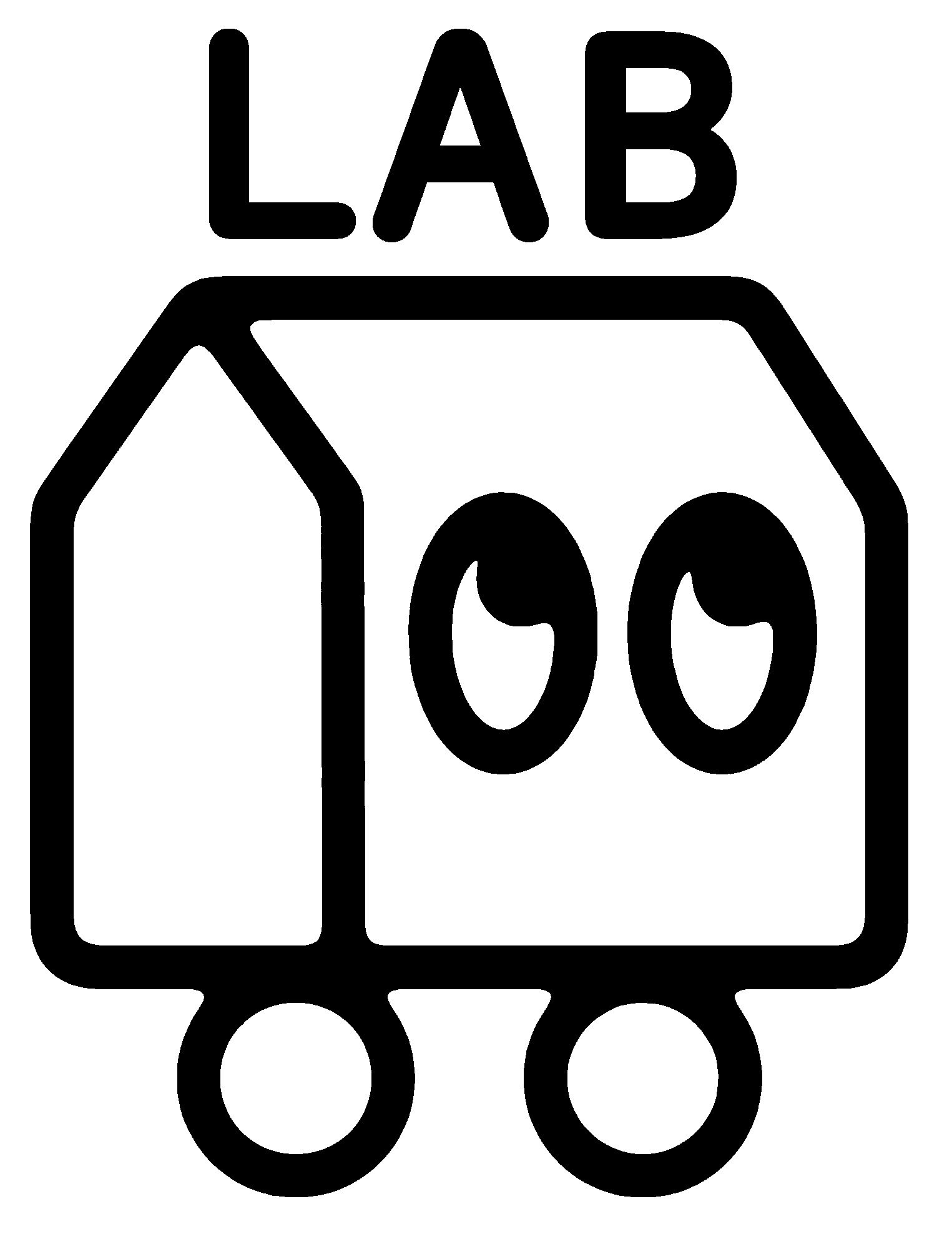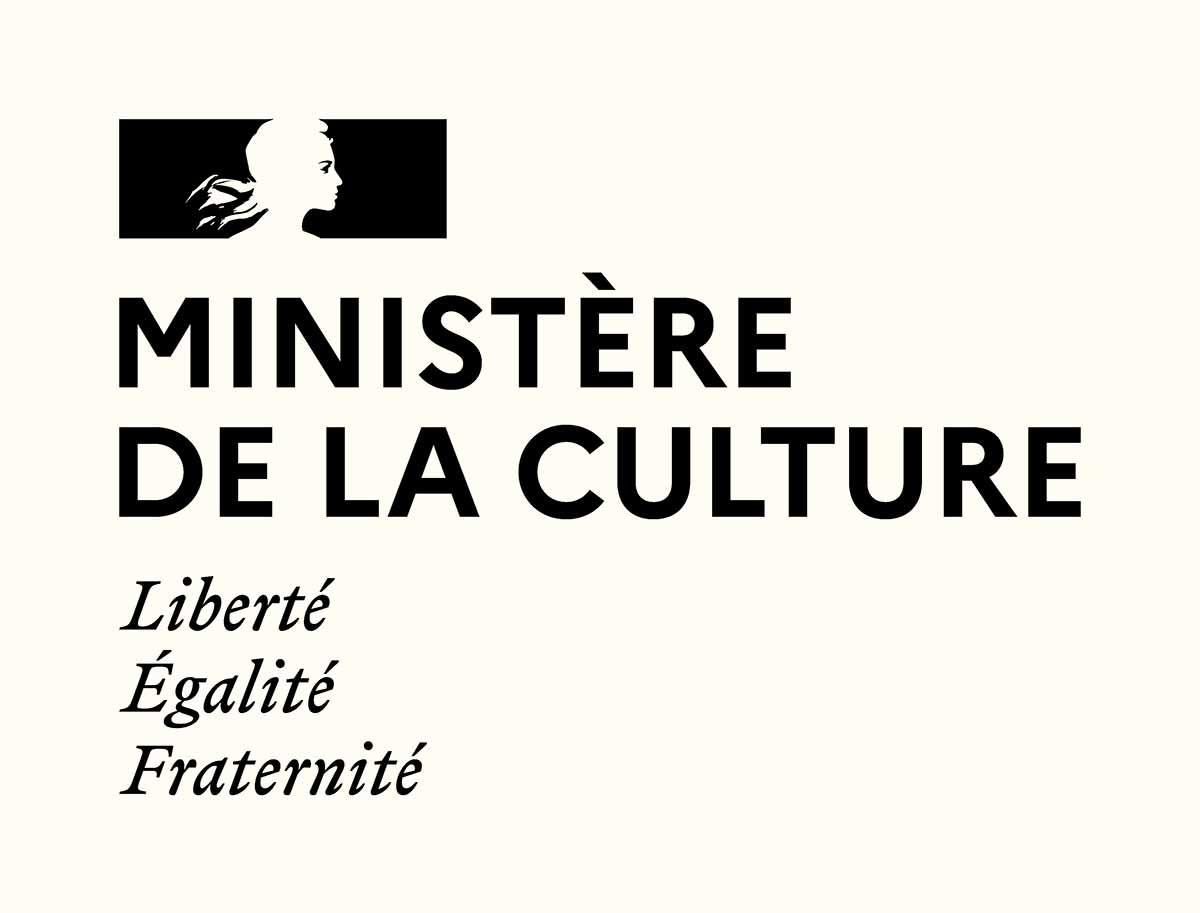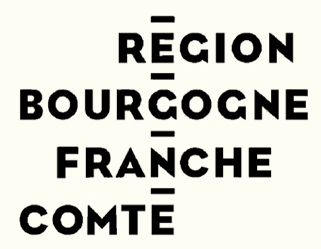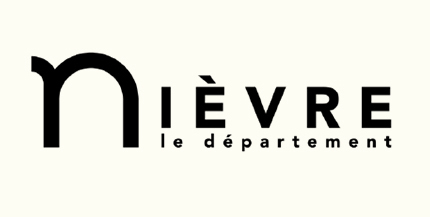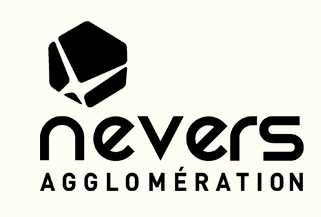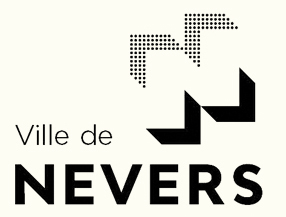‘un—earthing, extracting memories’ workshop
led by @philippinemangeart and @maxim.felixWe began in IKRIA, the modular structure by @olivier_vadrot designed to bring people together, spark conversation, and foster connection.
We then moved into the LAB, a 20m² mobile workshop recently self-built by the Terrains Communs team.
We practiced soil chromatography – a protocol that reveals the chemical and mineral composition of the soil, along with its memory, history, and traces of past disturbances, including those of human origin. Participants brought soil samples from their home countries, places they live, or landscapes that hold personal meaning — from Greenland to Ireland, Paris, Berlin, Canada, and beyond.
The goal of the workshop was to create a collective artwork that reminds us that — wherever we are — we are always walking on shared ground. A gesture of connection, but also of care: acknowledging our responsibility to the soils that sustain us.
A slow act of surfacing, of tracing the hidden narratives of the ground — echoing the core themes of Nø School: a critical view on extraction, technology, and ecological responsibility.
A symbolic first act to launch two weeks of radical learning, experimentation, and collective research. Huge thanks to Ben (@recyclism) and Dasha (@dashesandcommas
) and the whole NØ team for inviting us again this year and thank you to all the participants!
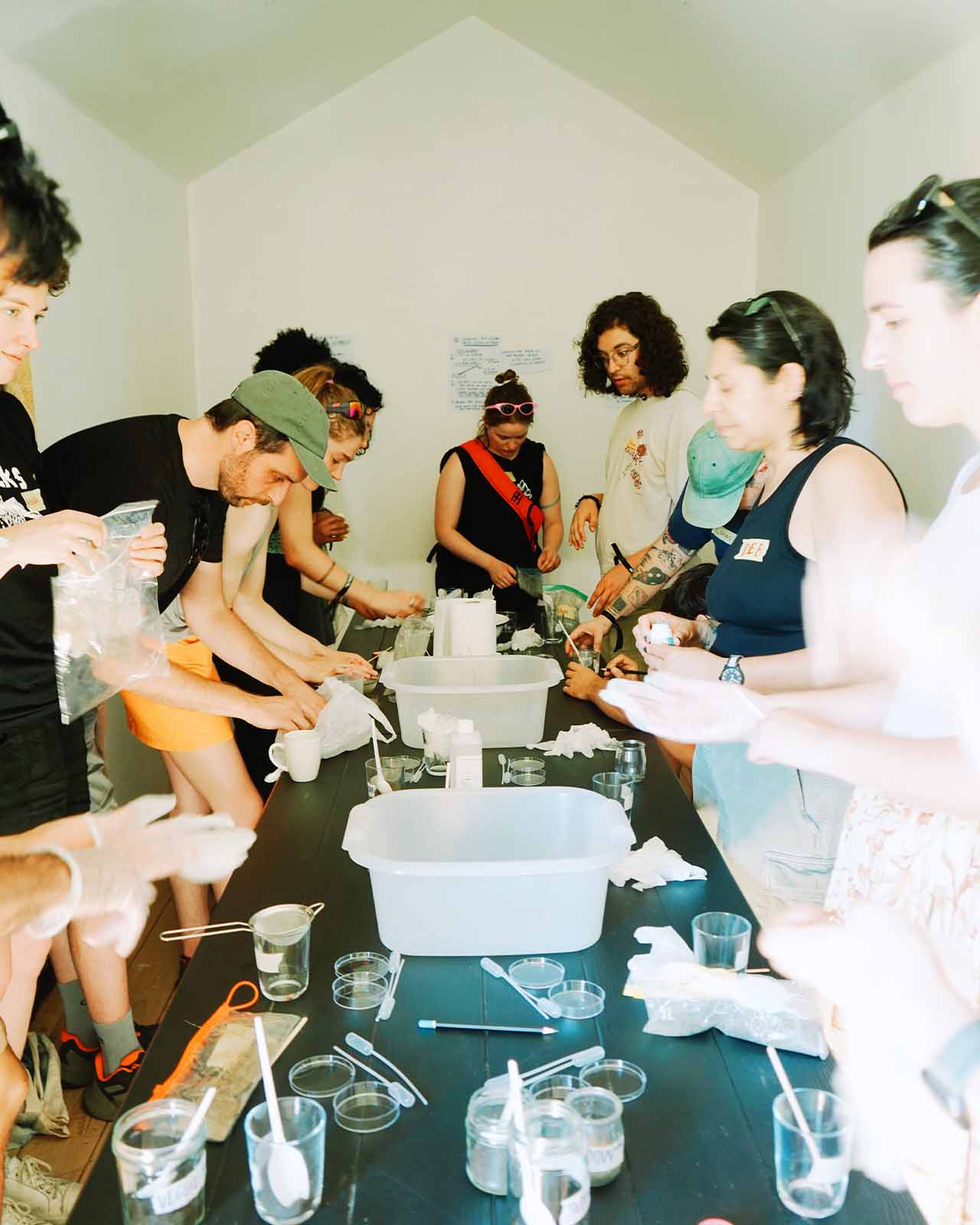
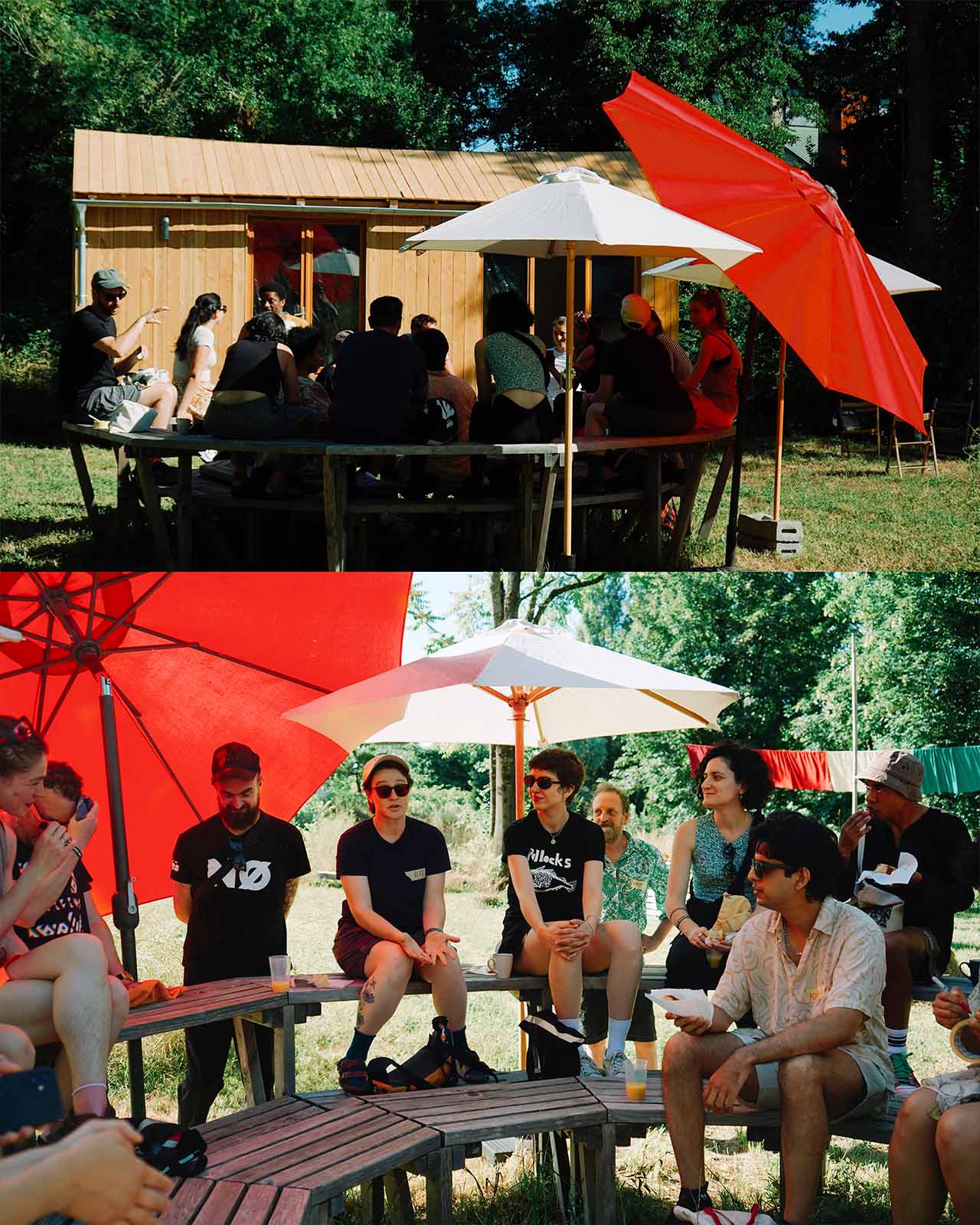
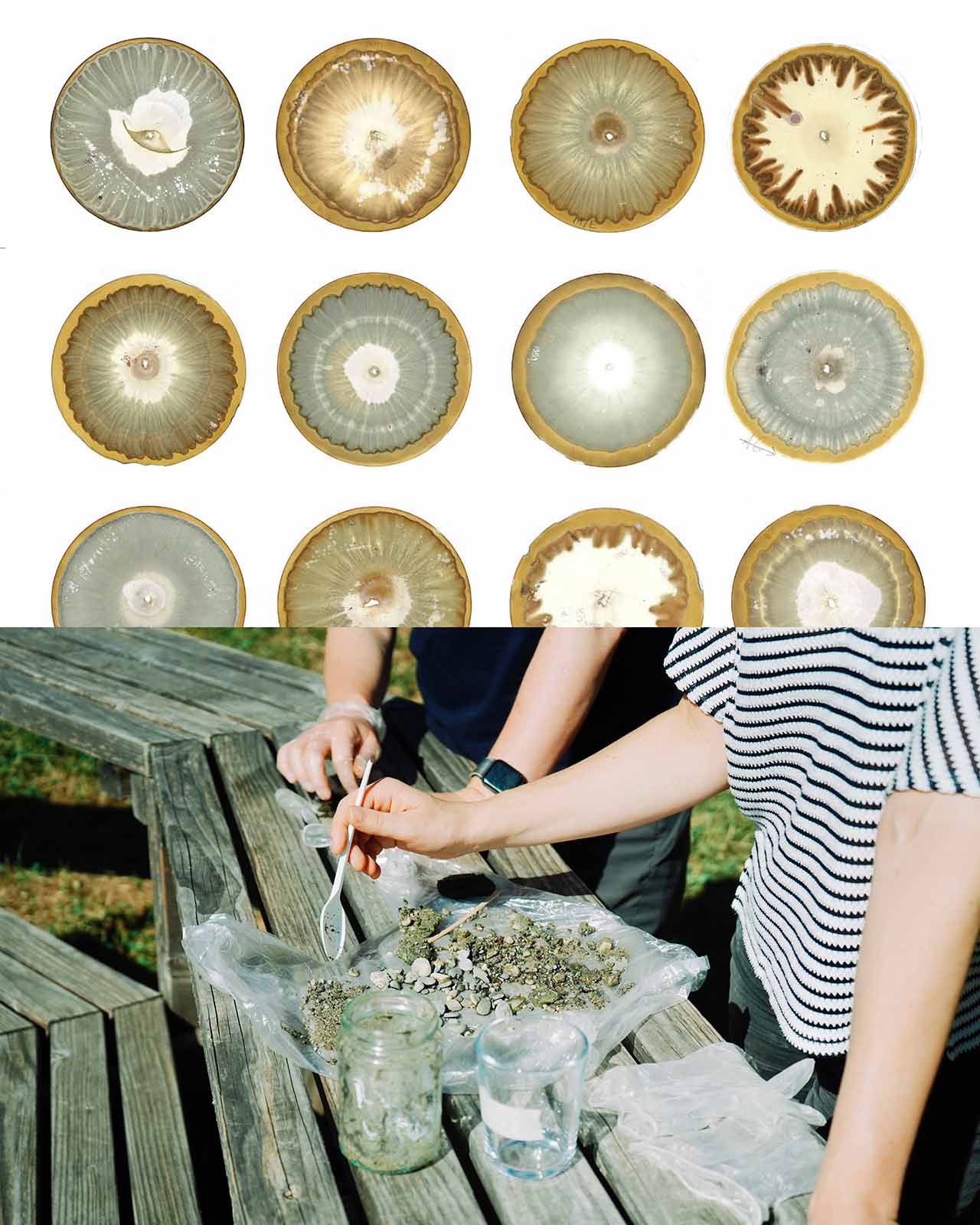
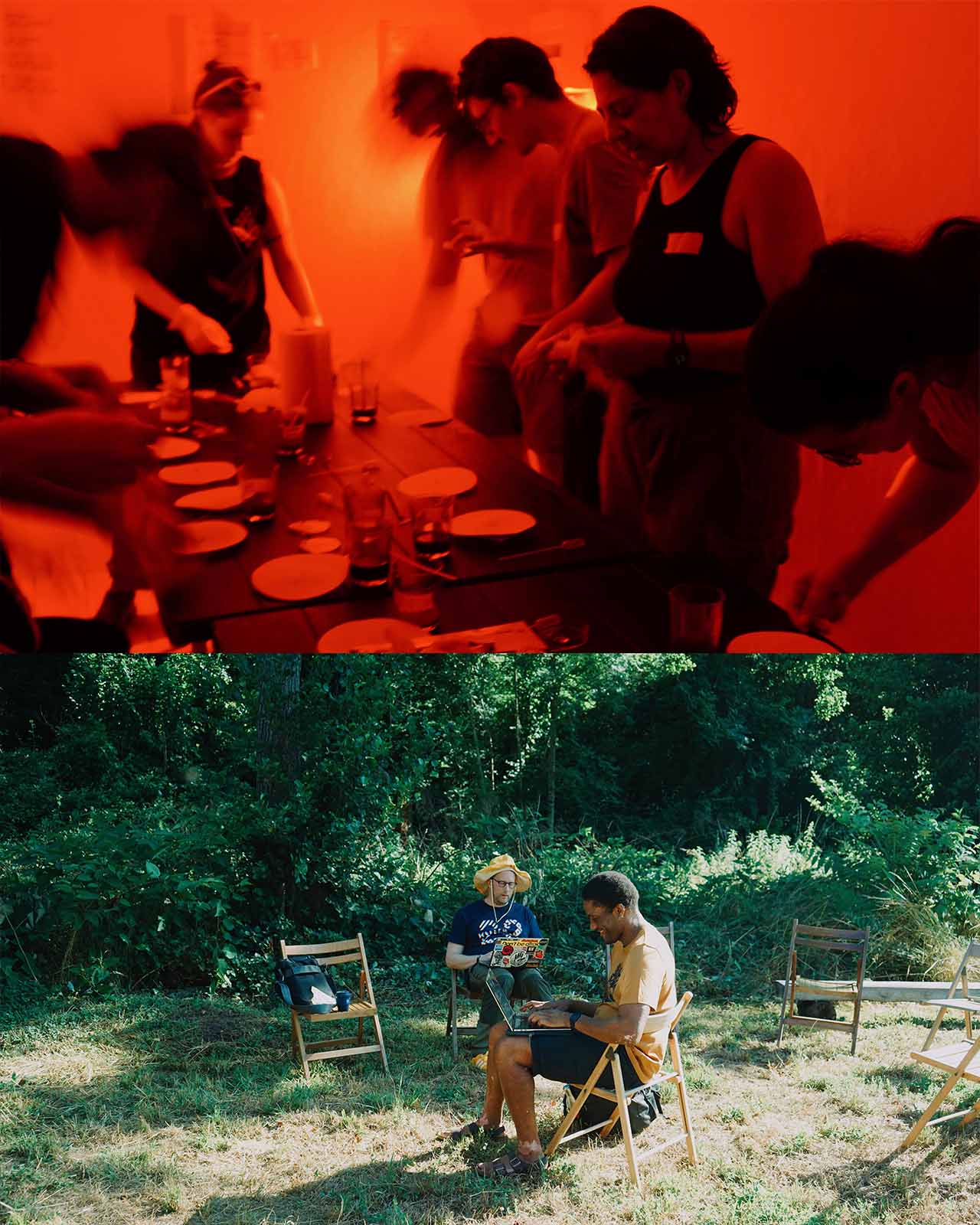
Terrains Communs
(Common Grounds)/creative ecosystem
(Common Grounds)/creative ecosystem
Fondé en 2022 par les designers Philippine Mangeart et Max Félix. Terrains Communs utilise l’art et le design pour explorer de nouvelles pratiques écologiques. Ce projet, centré autour d’un jardin de 1,3 hectare à Nevers, vise à rapprocher le public du vivant en mêlant écologie et art. Avec une équipe pluridisciplinaire (design, architecture, artisanat, art, agriculture, recherche) et le soutien de Thierry Thévenin, paysan-herboriste et parrain de l’association, Terrains Communs propose une programmation annuelle d’ateliers, stages et événements pour transmettre savoirs scientifiques et artistiques, encourager la créativité et expérimenter avec le vivant.



